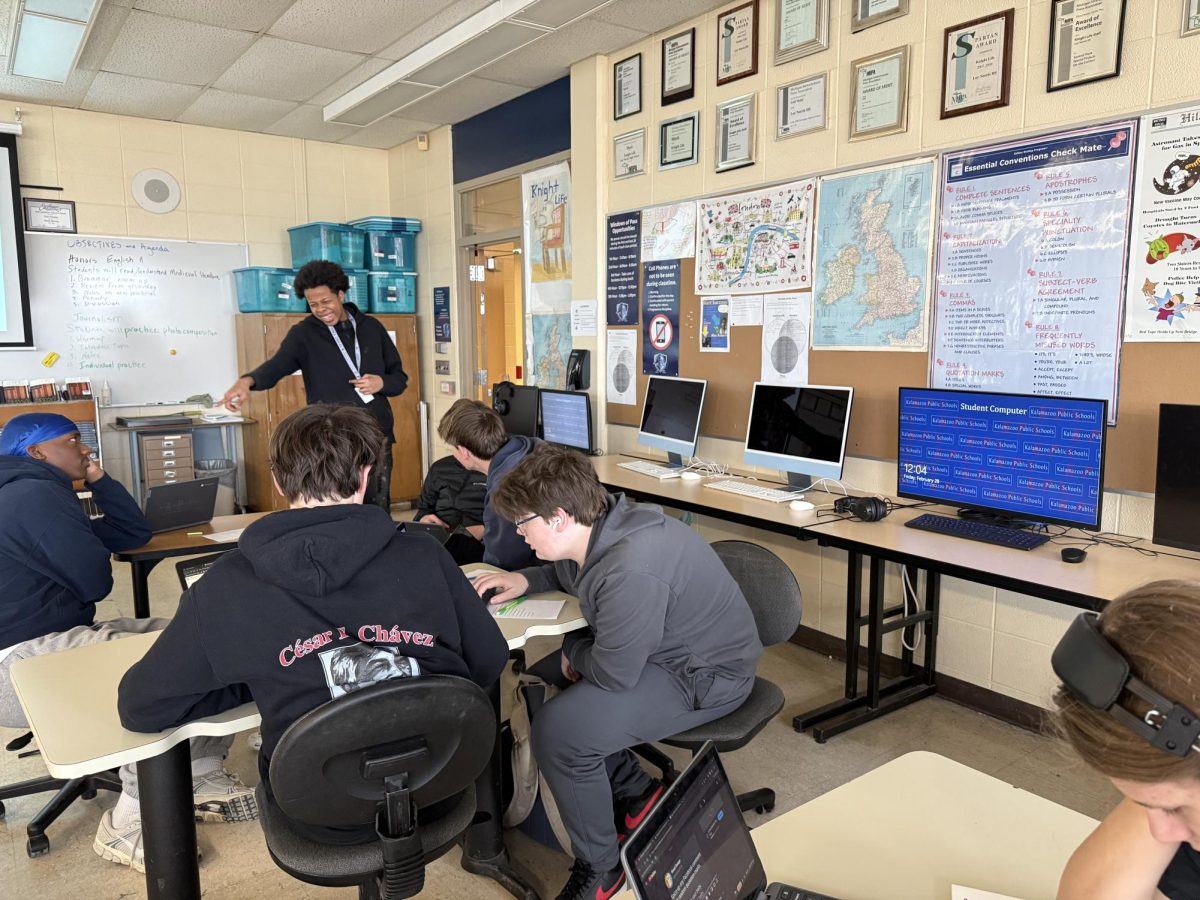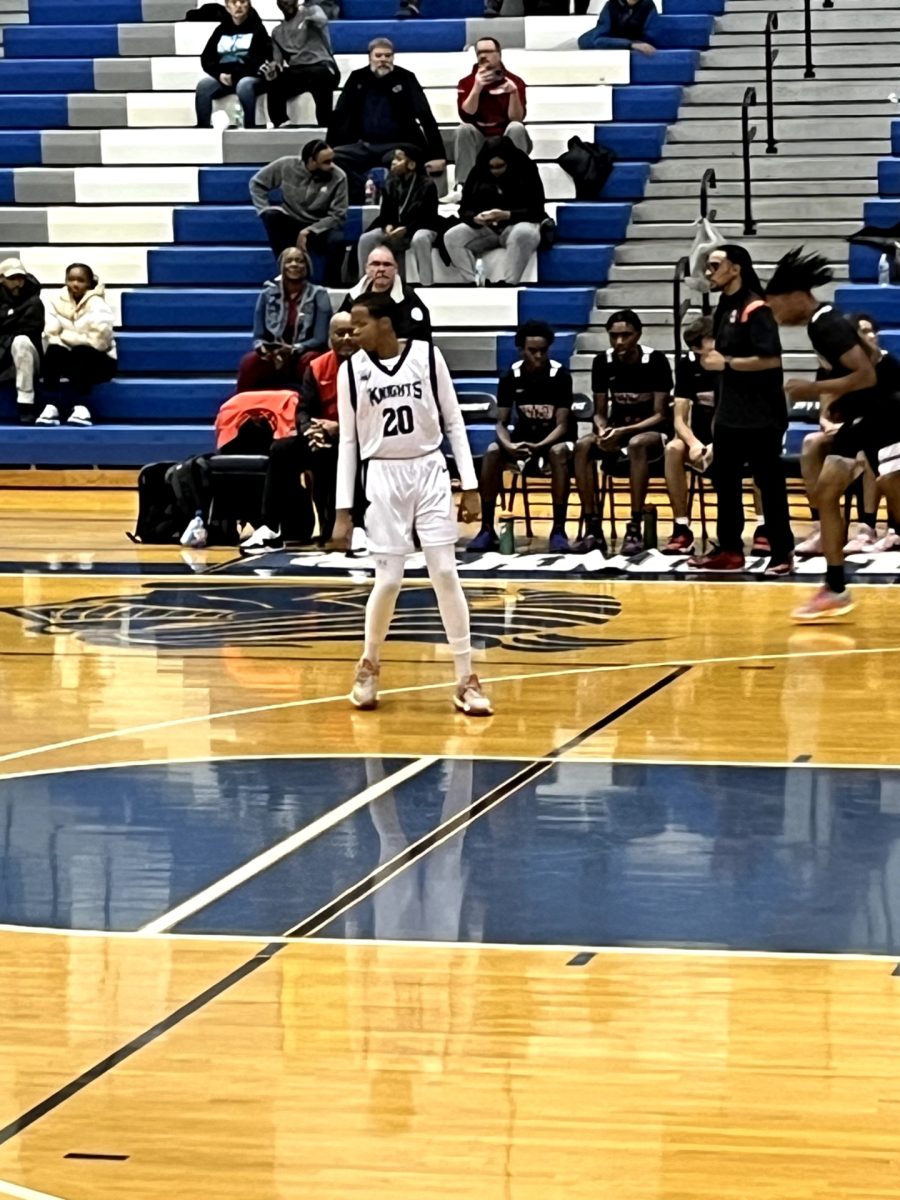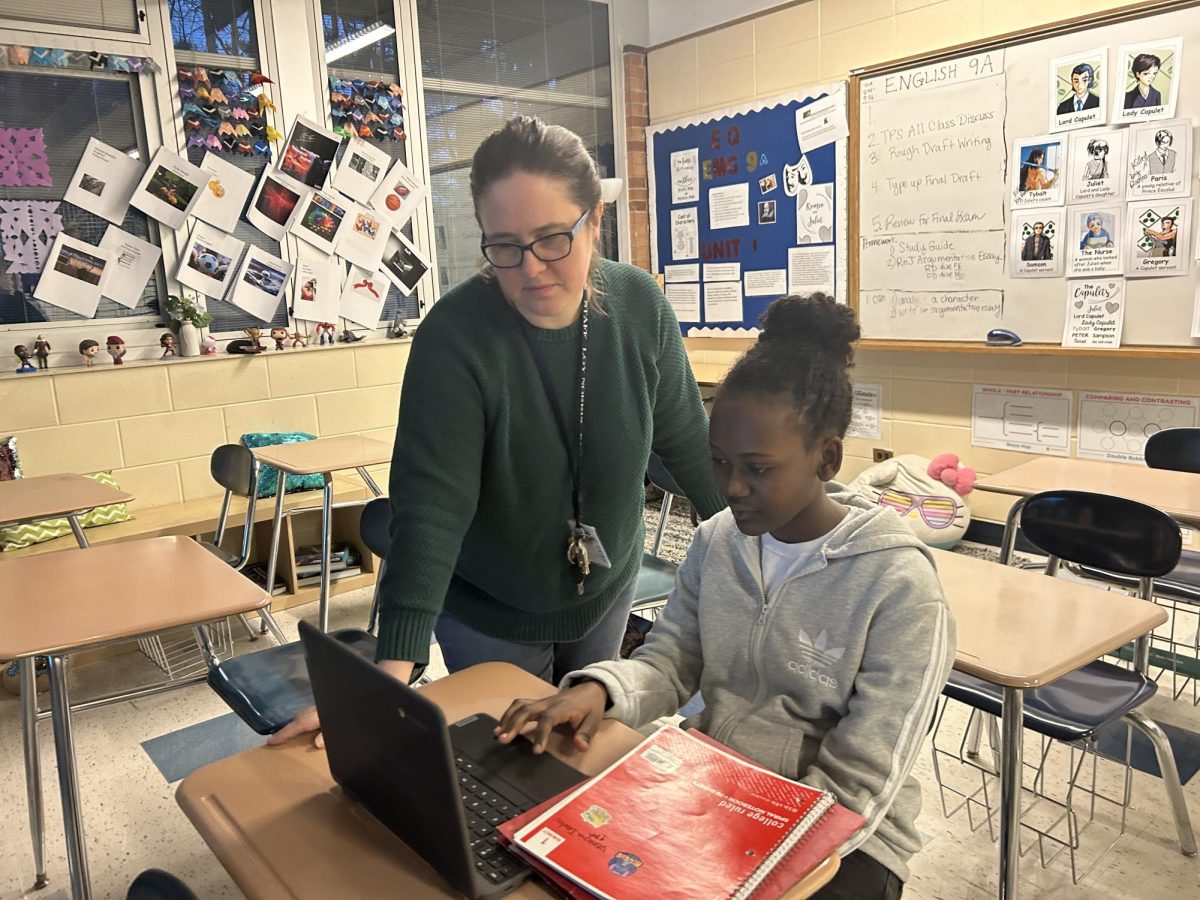
I was seven years old when I became aware of my body. It was one of the first warm days of my second grade year and I was wearing my new yellow skirt. My table partner, whose name I don’t remember, reached under the table and slid his hand up my thigh, resting it on my butt. Feeling violated and confused, I did the first thing I could think to do and got up to tell my teacher. As a seven year old the seriousness of what had just occurred wasn’t clear to me, it wouldn’t be until much later in my life that I came to realize this was the first time I had been sexually harassed, and even then I’m not sure I fully understood what that meant.
Sexual harassment is defined by the U.S. Equal Employment Opportunity Commission as harassment in a workplace, or other professional, or social situation, involving the making of unwanted sexual advances or obscene remarks. Common forms of sexual harassment include unwelcome sexual comments jokes or gestures, being called gay or lesbian with a negative connotation, being touched in an unwelcome way, having someone flash or expose themselves to you, being shown sexy or sexual pictures without your consent, being physically intimidated in a sexual manner, or being forced to perform sexual acts.
When many think of sexual harassment, they don’t realize how broad this term is. When Loy Norrix students were asked the question “how do you define sexual harassment?” they gave a variety of answers. The answers were all true, but none fully encompassed everything that sexual harassment can be.
“[Sexual harassment is] basically stuff that you shouldn’t say to your mother,” said sophomore Lili Mead.
“I personally define sexual harassment as both physical and verbal advances on an individual that aren’t wanted, asked for, or appreciated,” said junior Sidney Richardson.
“I feel like [sexual harassment] is not just physical, I feel like if someone is intensely staring at your chest or somewhere else, that qualifies as sexual harassment,” said junior Lauren Hybels.
According to Hostile Hallways, a book on sexual harassment in school commissioned by the AAUW Educational Foundation, “83 percent of girls and 60 percent of boys in grades 9-12 reported experiencing sexual harassment in schools. “
Even more shocking, according to a Gruber survey from the University of Southern Maine, “71 percent of LGBT students reported being sexually harassed at school in the last year.”
With statistics like these it shouldn’t come as a surprise that many Loy Norrix students report personally experiencing or witnessing sexual harassment at school.
“I’ve been sexually harassed a few times at Norrix by students. One particular time I was walking up the ramp to the A-wing when a boy within a group of boys shouted, ‘Hey sexy, look at me!’ I went to a teacher and reported this and filled out an incident report, but I’m not sure if anything ever happened,” said junior Sophia DeRango, “This encounter may seem trivial, but more aggressive things have been said to me in similar situations to this, ‘Hey sexy look at me!’ is incredibly demeaning and inappropriate especially when it is directed towards a minor.”
Those who’ve been harassed are likely to experience a wide variety of negative emotions including frustration, anxiety, stress, confusion, and even depression, especially around the place where the harassment occurred. Emotions like these are especially difficult for students to deal with, particularly when triggered in a school environment.
Students who have been sexually harassed at school often report avoiding certain classes/social situations, such as lunch or sporting events. These are behaviors which often exacerbate effects of anxiety and depression and make the situation worse. Not to mention that many middle and high school students have fewer opportunities and resources to learn coping methods for these negative emotions, due to a lack of time, and in many cases, support.
“For me, [sexual harassment] did have long term effects. I honestly don’t think I’ll ever forget how embarrassed and humiliated I felt; I still kind of blame myself for letting it happen,” said an anonymous senior.
According to livescience.com, an online news publication, “sexual harassment can be detrimental to one’s health, causing neck pain, sleeping problems, high blood pressure, and in extreme cases, Post Traumatic Stress Disorder (which according to the Mayo Clinic is “a mental health condition that’s triggered by a terrifying event — either experiencing it or witnessing it. Symptoms may include flashbacks, nightmares and severe anxiety, as well as uncontrollable thoughts about the event”).
In addition, not punishing harassers, especially those at a young age, reinforces the idea that it’s acceptable to treat people in demeaning ways, putting ideas in people’s head that can last a lifetime.
Sexual harassment is preventable. By teaching students and educators exactly what sexual harassment is and how to respond with consequences for the harasser and support for the victim, the presence of sexual harassment could be drastically reduced. As with all social issues, the problem doesn’t have an obvious cure-all solution, but by taking these easy steps towards prevention, schools can become places where students no longer have to worry about covering up their bodies to walk down the hallways or being groped in the lunch line.
Finally, it’s important to remember that passivity is a form of tolerance and that by remaining silent when you witness harassment, you are siding with the harasser. Know that your voice is your most powerful tool and it can be used to change the world for the better or the worse. Do your part in preventing sexual harassment by speaking up and encouraging victims to report harassment.
Things you can say if you’re being sexually harassed:
- “No.”
- “Stop.”
- “Don’t do that.”
- “That makes me uncomfortable.”
- “That was sexual harassment and that is not ok.”
- “That was really demeaning.”
- “I really don’t appreciate being objectified like that.”








Jordan Brown • Jan 15, 2016 at 11:11 am
This is a very powerful article. I love the fact that you wrote about something that you are so passionate and knowledgeable about. I myself did not realize the scope that sexual harassment covers. I also didn’t realize that it was such a huge problem in school. It just seems like something that wouldn’t happen.